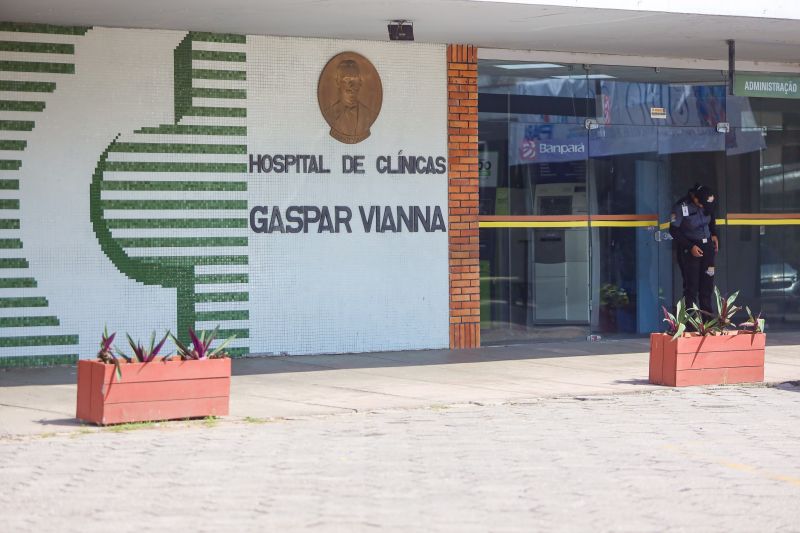Hospital de Clínicas warns about the risks of high cholesterol and reinforces the importance of prevention
Excess 'bad' cholesterol can accumulate in the arteries, forming plaques that hinder blood flow and increase the risk of serious cardiovascular events

High cholesterol is one of the leading causes of heart attacks and strokes, diseases that continue to top the mortality rankings in Brazil. In Pará, the situation follows the same national trend, and the alert intensifies due to the lack of symptoms in most cases. In this context, the Gaspar Vianna Clinical Hospital (HC), a reference in cardiology in the Amazon, reinforces the importance of early diagnosis and the adoption of healthy habits as a form of prevention.
According to cardiologist Antônio Monteiro, cholesterol is a natural fat in the body, necessary for functions such as hormone production and cell formation. However, excess 'bad' cholesterol can accumulate in the arteries, forming plaques that hinder blood flow and increase the risk of serious cardiovascular events.

“We call cholesterol the 'silent enemy' because, most of the time, it does not present symptoms. A person only discovers it when undergoing routine tests or when there is already a complication, such as a heart attack or stroke,” explains the specialist.
One way to control it is through laboratory tests that analyze the patient's lipid profile, mainly composed of three indicators: LDL (bad cholesterol), which should be kept at low levels; HDL (good cholesterol), whose function is to remove excess fat from the blood; and triglycerides, another fat that, if elevated, also increases cardiovascular risk.
Antônio Monteiro warns that an inadequate lifestyle is one of the main factors for uncontrolled cholesterol. “A diet rich in fried foods, processed meats, and industrialized foods, sedentary behavior, smoking, and alcohol consumption are habits that favor increased cholesterol. Additionally, family history is an important indicator: people with relatives who have had high cholesterol or early heart attacks should maintain heightened care,” he states.
Diagnosis and prevention — In most cases, high cholesterol is asymptomatic and can only be detected through a blood test. “In rarer situations, when cholesterol has been very high since childhood, yellowish spots may appear on the eyelids or fat nodules on the skin, but this is uncommon,” he adds.
The cardiologist also warns that the frequency of tests varies according to the patient's profile: “Healthy adults should have the test every five years. Patients with risk factors, once a year or as advised by a doctor. Children with a family history of cardiovascular diseases should be tested in childhood, if indicated,” he explains.
Monteiro emphasizes that a balanced diet, regular physical activity, and cessation of harmful habits, such as smoking, are essential to keep cholesterol under control. “Simple changes in daily life make a big difference. In addition to improving the indices, they help protect the heart and overall health,” he points out.
Alert to the population — According to data from the Ministry of Health, about 40% of the Brazilian population has high cholesterol, and many are unaware of the problem. In Pará, as in other regions, cardiovascular diseases remain the leading cause of deaths.
“Do not wait to feel chest pain to take care of your heart. High cholesterol is silent, but its consequences can be serious. See your doctor, get your tests done, and maintain healthy habits. Prevention is always the best path,” advises Dr. Antônio Monteiro.
Specialized assistance — The Gaspar Vianna Clinical Hospital provides care for patients with cardiovascular diseases and also works in prevention, with consultations, specialized tests, and follow-up programs. “HC is a reference in cardiology and provides assistance to patients from all over the state. A large part of emergency care in cases of heart attacks or angina involves patients who already had uncontrolled cholesterol, often without knowing it,” informs the cardiologist.









